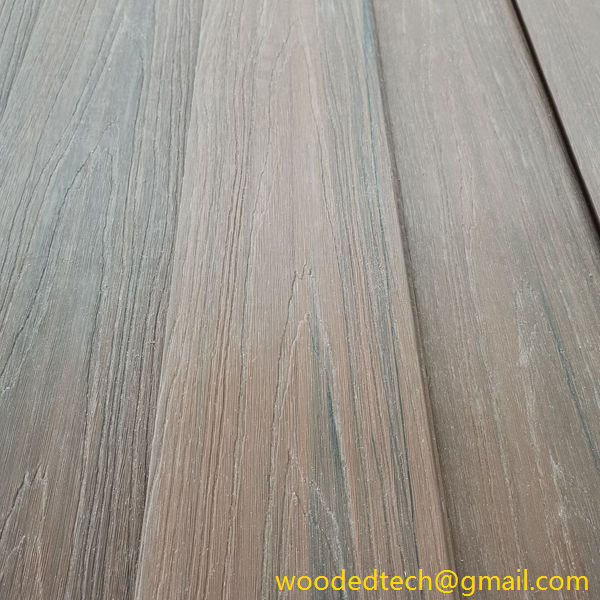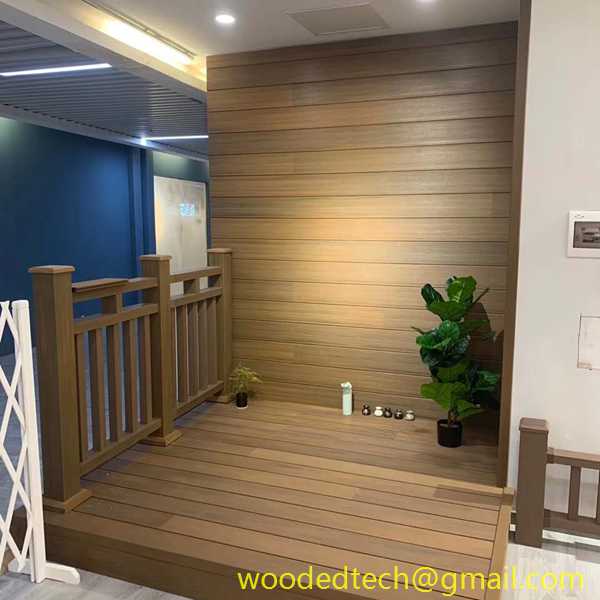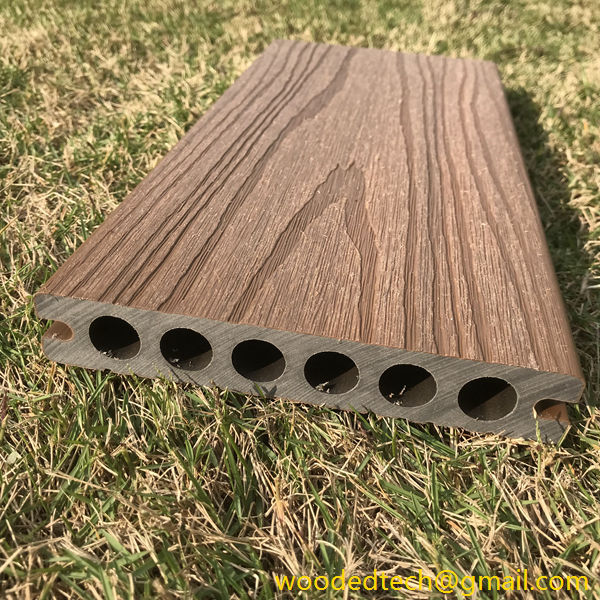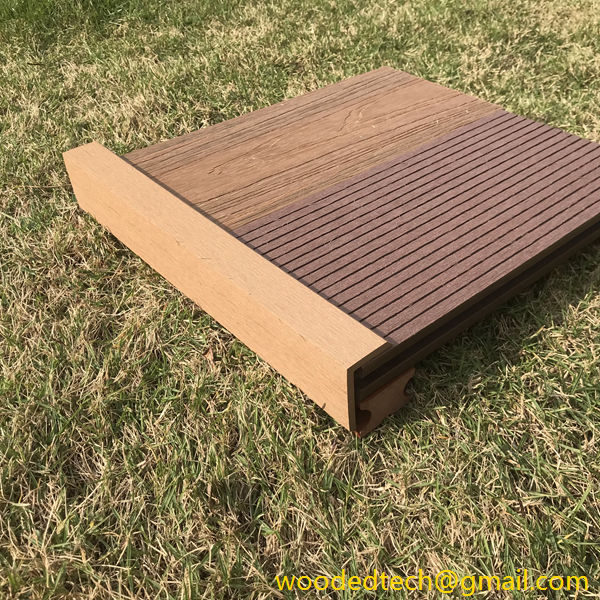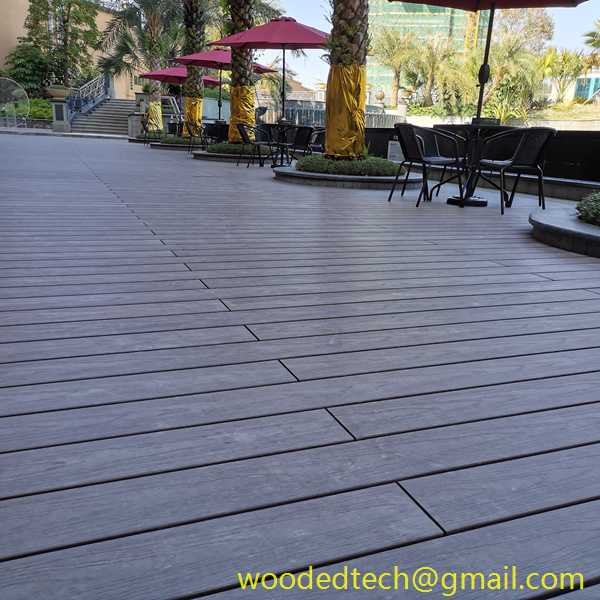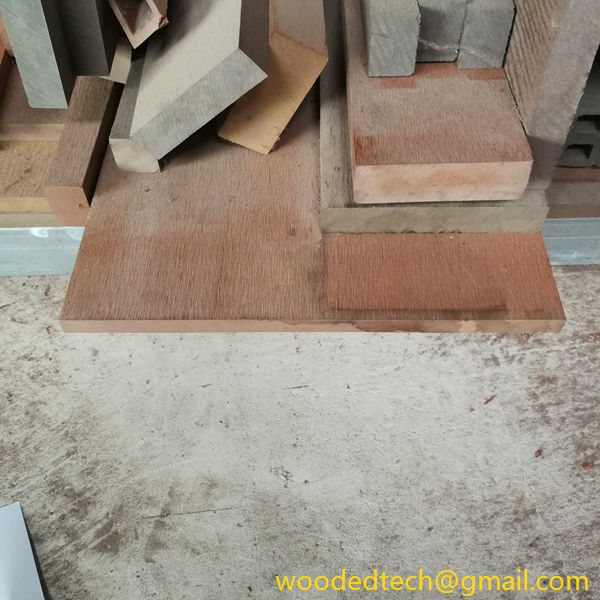The Advantages of Using WPC Decorative Wall Panel for Stylish Interior Design Solutions
In recent years, the demand for innovative and sustainable materials in interior design has surged. One such material that has gained significant popularity is Wood Plastic Composite (WPC) decorative wall panels. These panels are versatile and practical, offering a range of advantages for stylish interior design solutions. From installation to maintenance, WPC wall panels provide both aesthetic appeal and functional benefits that make them an excellent choice for homeowners and designers alike.
One of the primary advantages of WPC decorative wall panels is their ease of installation. Unlike traditional wall coverings such as wood or stone, WPC panels are lightweight and easy to handle. This characteristic significantly reduces the labor required for installation, allowing for quicker project completion. Many WPC panels come with interlocking systems or tongue-and-groove designs, which facilitate a seamless installation process. Homeowners can often opt for a DIY approach, reducing costs associated with hiring professional installers. This ease of installation is particularly beneficial for those looking to refresh their interiors without extensive renovations.
WPC panels are also highly adaptable to various design styles. They are available in a wide array of colors, textures, and finishes, allowing designers to create a unique aesthetic that aligns with their vision. Whether one is aiming for a modern, minimalist look or a warm, rustic atmosphere, WPC panels can be customized to fit the desired theme. This versatility extends beyond aesthetics; WPC panels can be used in various applications, including feature walls, accent panels, and even ceiling treatments. Their ability to complement different design elements makes them a favorite among interior designers.
From a maintenance perspective, WPC decorative wall panels stand out due to their durability and resistance to common wear and tear. Unlike traditional wood, WPC panels do not warp, crack, or splinter over time. They are also resistant to moisture, making them suitable for high-humidity areas such as bathrooms and kitchens. This moisture resistance helps prevent the growth of mold and mildew, ensuring a healthier indoor environment. Furthermore, WPC panels are easy to clean, often requiring just a simple wipe with a damp cloth to remove dust and stains. This low-maintenance requirement is a significant advantage for busy homeowners who desire beautiful interiors without the hassle of extensive upkeep.

Another significant benefit of WPC panels is their eco-friendliness. Made from a combination of recycled wood fibers and plastic, WPC panels represent a sustainable alternative to traditional materials. The use of recycled content reduces the demand for virgin wood, helping to conserve forests and promote responsible resource management. Additionally, WPC manufacturing processes typically have a lower environmental impact compared to those used for conventional wood products. Homeowners who prioritize sustainability in their design choices will find WPC decorative wall panels an appealing option.
In terms of insulation and energy efficiency, WPC panels offer notable advantages as well. They provide a degree of thermal insulation, helping to maintain comfortable indoor temperatures. This can lead to reduced energy costs, as homeowners may rely less on heating and cooling systems. Moreover, the installation of WPC panels can contribute to improved acoustics within a space, reducing noise transmission between rooms. This feature is particularly beneficial in urban settings or shared living environments where noise can be a concern.
Lastly, WPC decorative wall panels can enhance the overall value of a property. A stylish and well-designed interior is often a deciding factor for potential buyers. By incorporating WPC panels into the design, homeowners can create an appealing atmosphere that stands out in the real estate market. The combination of aesthetic beauty, durability, and low maintenance makes properties featuring WPC panels more attractive to prospective buyers.
In conclusion, WPC decorative wall panels offer a wealth of advantages for modern interior design solutions. Their ease of installation, versatility in design, low maintenance requirements, eco-friendliness, insulation properties, and potential to enhance property value make them a smart choice for homeowners and designers alike. As the demand for sustainable and stylish materials continues to grow, WPC panels are poised to become a staple in the world of interior design. Embracing these innovative materials can lead to beautiful, functional, and environmentally responsible spaces that reflect contemporary design trends while meeting the practical needs of everyday living.

